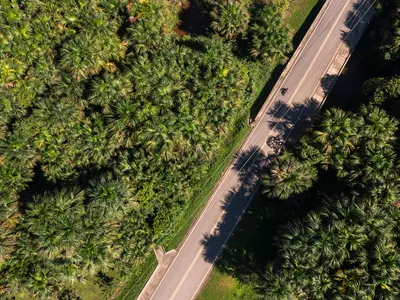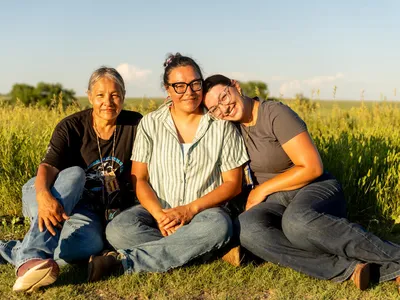
© Morten Koldby
Find new ways to support WWF's global conservation efforts this holiday season
We start with a commitment to place. WWF works to save the places that are most essential for all life on Earth, including our own.
Living ecosystems that promote biodiversity and support human life
Our work to reverse nature loss and conserve biodiversity has never been more urgent.
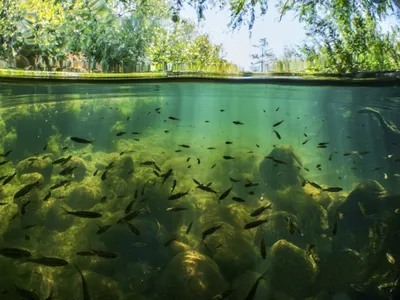
© Jeremy Shelton
Feature
Why nature needs us now
The health and happiness of humans is deeply intertwined with the health of the planet

© Shutterstock
Tips
Small steps to help reduce food waste
Simple actions can help the planet and your wallet
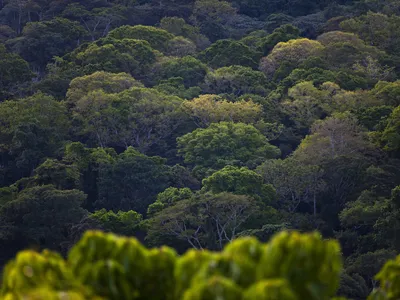
© Brent Stirton / Getty Images / WWF-UK
Blog
Delaying deforestation policy won’t delay its impacts
Here’s the business case for staying the course
Together with partners, WWF develops innovative solutions in every place we work.
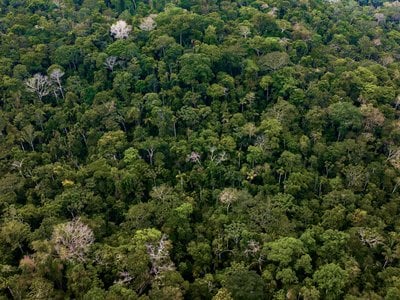
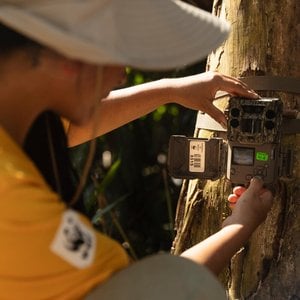
© Yawar Films / WWF-US | Yawar Films / WWF-US
By addressing the “whole of a place”—its ecology, economy, governance, culture, people, and wildlife—WWF helps create crucial and scalable solutions to nature's greatest threats.
Lasting change only succeeds when the needs of people are prioritized in balance with conservation. That’s why we center people in our work—especially Indigenous Peoples and local communities.
Around the world, WWF works with corporations to build smarter, more sustainable and successful supply chains and outcomes.
We are connected as Americans by how deeply we value and connect with nature in our daily lives.
-
84% of Americans
love or like spending time in nature
-
73% of Americans
believe it is a civic duty to take care of nature
Your support keeps us going.
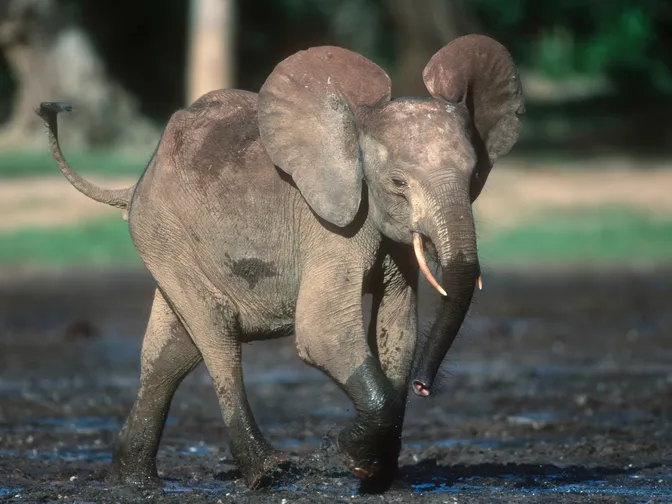
Did you see our TV ad?
Help WWF protect elephants and other vulnerable species around the world.
© Martin Harvey / WWF
